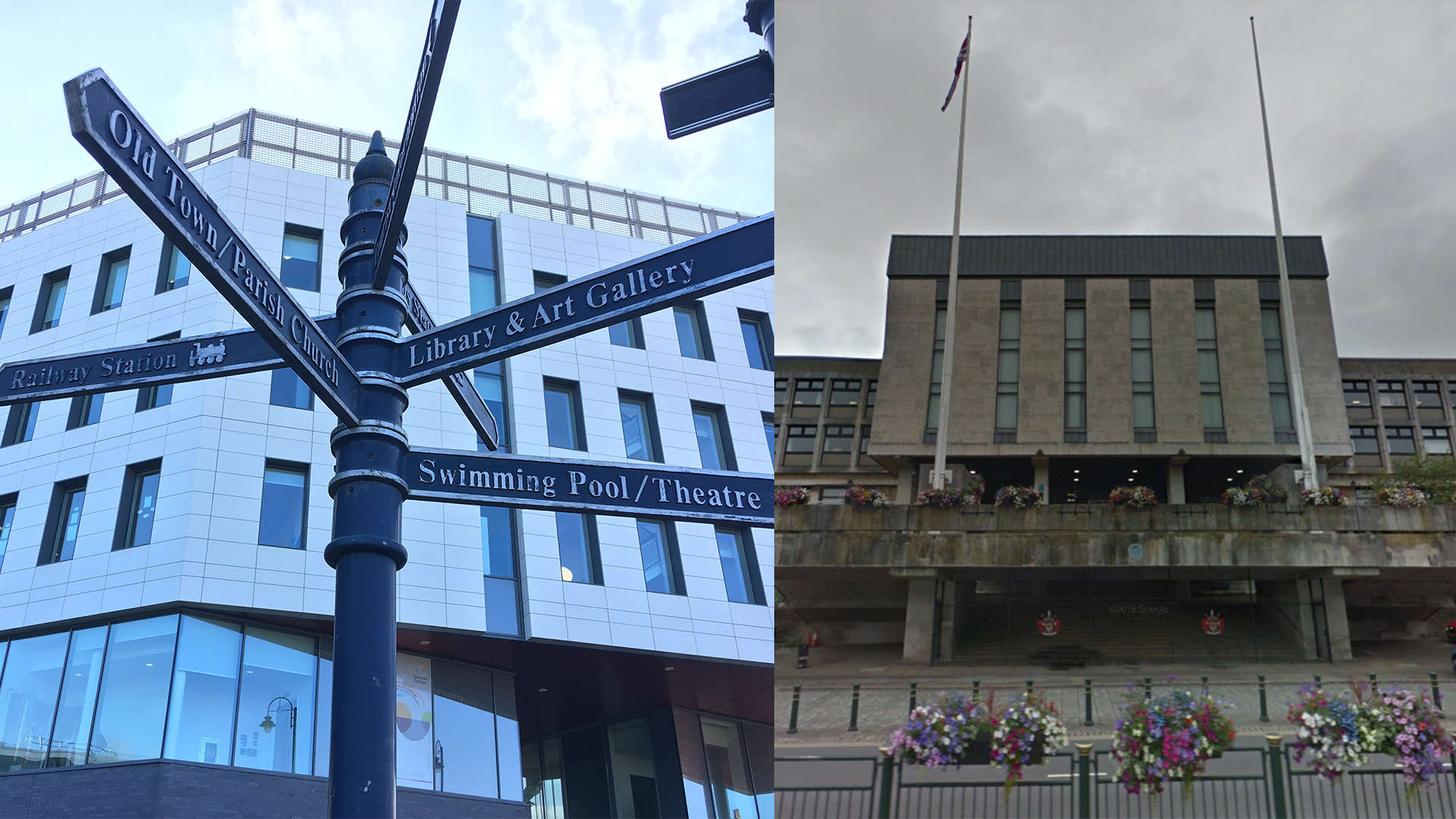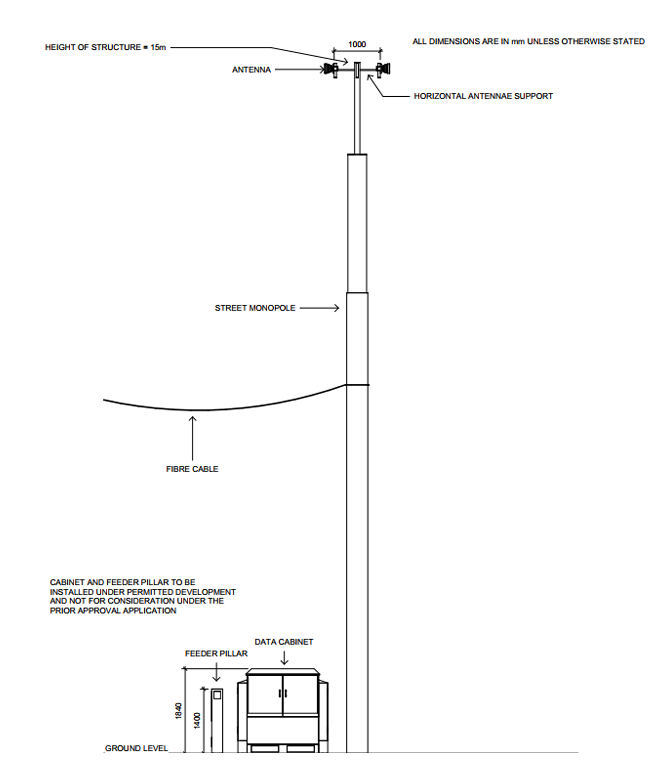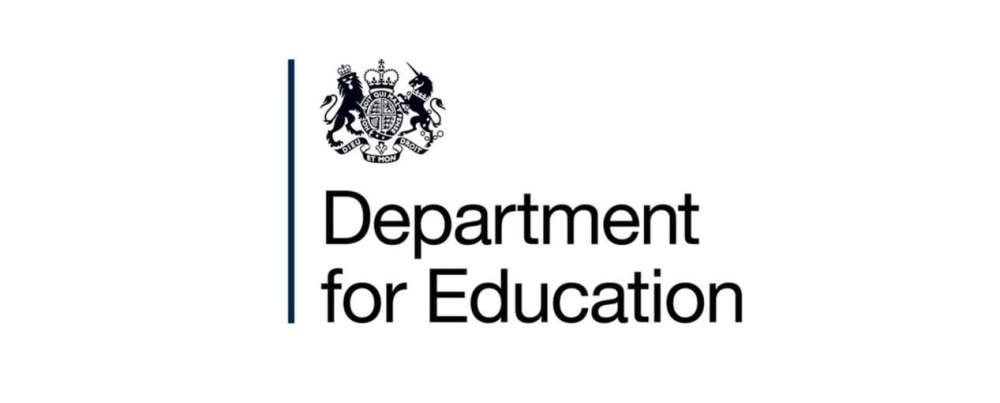
Town halls across Greater Manchester are facing a black hole in their finances running to tens of millions of pounds.
The impact of the pandemic has hit council coffers hard and the path to recovery looks to be a long and painful one.
Local leaders are drawing up 'savings proposals' – cuts in layman's terms – ahead of setting revenue budgets for the 2022/23 financial year and beyond.
They are anxiously awaiting the chancellor’s autumn budget, which they hope will give them greater clarity on how much money they can expect to receive from the government – and what their tax raising powers will be.
This is ahead of the Local Government Finance Settlement being confirmed in December, with councils expecting a three-year deal.
Each council’s 'budget gap' will be partially closed through council tax, business rates and the fees charged for certain services town halls provide.
They will also be hoping for a further injection of government cash, while reserves can be used to help achieve the balanced budgets required by law.
Town hall chiefs say it is not just Covid, but increasing pressure on services – often adults and children’s social care – which is stretching their purse strings to breaking point.
Here is a rundown of the serious financial challenges facing each council in our city region...
Tameside
Chiefs say the council is making ‘good progress’ in delivering £9m of planned savings this financial year.
But ongoing budget cuts, combined with the economic impact of the pandemic and increased pressure on services such as social care, are taking their toll.
The budget gap for 2022/23 is now expected to be significantly greater than the £14.3m they had projected in the 2020/2021 budget.
Councillor Oliver Ryan, executive member for growth and finance, said: “Over the last 10 years we have faced significant budget cuts passed down from government with around 70 pence of every pound removed from government grant funding – this equates to a £200m loss in funding to deliver services in Tameside.”
He added: “The council will continue to look at innovative, effective and sustainable ways in which we can deliver vital services to our residents while maintaining equitable access.
“We have robust financial monitoring in place to closely monitor both the delivery of planned savings and overall budget performance and help drive us towards achieving our targets.”
Oldham
Oldham Council is looking at approximately £30m in budget savings over the next two financial years (1 April 2022 – 31 March 2023 and 1 April 2023 – 31 March 2024).
Councillor Abdul Jabbar, cabinet member for finance, said: “Over the last 10 years, we as a council have had to make savings of more than £200 million from our budget.
“But despite a decade of austerity, and the extensive budget cuts we have already made, the pandemic and many new budget pressures mean that we have further significant financial savings to make over the next two years and beyond.
“As a result, we are working towards transforming the way the council operates.
“This includes taking a fresh look at the way our services perform and comparing how we work to other organisations facing similar financial pressures.
“We face some tough times ahead, but we have to embrace and accept change as we look to the future so that we are a sustainable council, offering the best service to our residents.”
Bolton
Bolton Council agreed swingeing cuts to jobs and services to balance the books in 2021/22.
Its two year budget agreed savings of £37.2m with £32.3m 2021/22 and £4.9m in 2022/23.
To balance the books this year more than 200 full-times roles are being axed including 30 in adult services and 104 in children’s services.
A council spokesman said: “The council has set a two-year budget covering financial years 2021/22 and 2022/23.
“As part of this budget was a requirement to identify savings of £37.2m over the two years.
“When the budget was set, savings requirements across all directorates were approved by the council.
“The savings the council is making are not solely related to the pandemic, there were already considerable financial pressures in some services.”
Bury
Bury Council has said that the pandemic will hit its finances to the tune of £43.5 million over three years in lost income and increased costs.
When the council set the the budget for 2021/22 earlier this year they said they faced a shortfall for that 12 months of £21m.
It was agreed around half of that shortfall would be met by using cash reserves and the rest by cuts to council spending on services.
The council said that they estimate that the pandemic will hit local authority finances to the tune of £43.5 million over three years in lost income and increased costs caused by the series of lockdowns and local restrictions.
At the time council leader, Eamonn O’Brien, said: “We are not in position to rely on cash reserves to plug gaps.
“We can’t hope this goes away and it’s also clear that this will require very difficult decisions for this council if we’re not given the resources we were promised by government.
“The plans we had were robust and deliverable but we’ve had that totally thrown off rails by Covid. We also need to think about years to come.”
Manchester
Bosses say they are currently reviewing the council’s financial position.
The authority acknowledges it is facing financial ‘pressures’ – but is awaiting the autumn spending review and local government settlement for details of how far the government will go towards ‘enabling us to address them’.
A report to the council’s executive reads: “It is anticipated the implications of Covid will have a significant impact on the council’s finances for a number of years.”
“In order to manage the overall risk to the City Council, it is proposed that, the COVID-19 growth budgets are reviewed in greater detail as part of the six-month monitoring, with any resource that remains unused being returned to corporate contingencies to help support the 2022/23 budget process.”
Rochdale
Rochdale council’s last budget report in July identified a budget gap for 2022/23 of £7.8m.
Councillor Carol Wardle, cabinet member for finance, said: “This is mostly a result of continuing demand and financial pressures on public services, particularly within our adult care and children’s services, together with anticipated income reductions from business rates, council tax and investments.
“These pressures have only been increased by the ongoing impact of the pandemic. In 2022/23 we plan to offset this gap by using reserves, savings from our capital programme and changes to our borrowing strategy. However we currently estimate a budget gap of £10.1m in 2023/24.”
Salford
Salford council must save an estimated £21.8m over the next two years.
This breaks down as £10.5m in 2022/3 and £11.3m in 2023/4.
Councillor Bill Hinds, lead member for finance, said: “Clearly it will be very challenging to balance the budget, cutting £21.8 million from our budget over the next two years. We will do all that we can to avoid impacting services and jobs.
“The council is just completing a review of feedback on the priorities of local people through ‘What matters to you?’. The feedback will be shared on our website and the Life in Salford magazine.
“The feedback on local priorities will be considered as part of the development of budget proposals which will be shared over coming months, in the lead up to budget setting council meeting in February 2022.”
Stockport
A recent report to cabinet sets out how the authority is facing a £20m budget gap in 2022/23, growing to £34m the following financial year.
Some of that £20m fiscal blackhole will be filled through taxation, fees and charges, potential government cash and the possible use of reserves.
But Stockport council bosses are also looking to make more than £10m in ‘savings’ from across the organisation.
Deputy leader, Coun Tom McGee, told cabinet members they were facing some ‘very, very difficult decisions and choices’.
“It’s not going to be easy,” he said.
“We have identified, at the moment, about £10m savings. Some will be on posts not being filled, some will be changes in the way we do things, some unfortunately are likely to be reductions in services to some degree or another.”
Coun McGee said that any proposals put forward would be ‘up for discussion’ between now and the council’s budget-setting meeting in February – but warned against temporary fixes.
Trafford
Bosses are developing plans to bridge a budget gap of around £22m in 2022/23 – a ‘significant amount’ of which is said to be due to the continuing effects of the pandemic.
The council is also forecasting a £2.1m overspend during the current financial year (2021/22).
Councillor Tom Ross, executive member for finance and governance, said: “We are continuing to face very difficult financial conditions, while continuing to deal with the effects of the Covid pandemic and leading our borough’s recovery.
“Above all, our priority will remain the protection of our front line services in order to best serve our residents, communities and businesses.”
Wigan
Wigan council needs to make around £10m of savings every year for the next three years, according to current forecasts.
The savings requirement for 2022/23 would be £9,611,000, the authorities medium term financial plan says.
But this is a first draft which will be revisited once the government has announced the Autumn Statement and confirmed the Local Government Financial Settlement.


 Bronze medallist visits Dukinfield primary school
Bronze medallist visits Dukinfield primary school
 Four new masts could be put up across Tameside soon.
Four new masts could be put up across Tameside soon.
 Local colleges to get Government boost
Local colleges to get Government boost
 Adoption podcast reaches new highs
Adoption podcast reaches new highs

